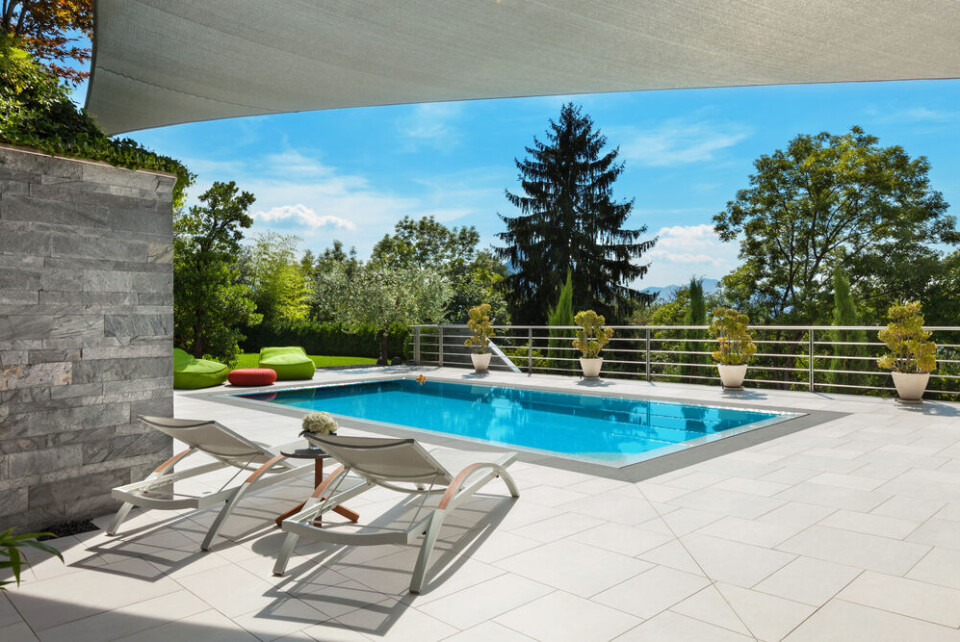-
Large increase in Americans buying properties on the Cote d’Azur
President Trump is cited as a major factor, but is not the only reason for the area’s popularity
-
Is compensation possible if a neighbour’s pet damages garden at French second home?
Disorderly pets can wreak havoc on gardens
-
Repairs on dry stone wall in France: Must stones be bought or can they be picked up?
You may need to consult your neighbour to repair border walls
Will I receive fine for not paying taxe foncière on old French pool?
A new pool should be declared to the property section of the local tax office

Reader question: I have been told by the tax office I have not been paying taxe foncière on my pool. I believe it was put in when the house was built in 1969 and when I bought it, it was shown on a cadastral map that was included in the documents. What do I risk?
Tax offices have been doing a lot of checking up on pools, notably using new technology including aerial maps and artificial intelligence.
Pools, similar to extensions, should be declared to the property section of the local tax office (centre des impôts foncier) on completion, to be accounted for in property taxes.
This is because these are worked out based on a theoretical value for the property, which can be increased by building a pool.
The declaration is on form 6704 within 90 days of completion.
This applies to all pools that cannot be moved without demolishing them. As a general rule, tax offices can, in cases of faulty declaration, or no declaration, multiply the current tax bill by a factor of up to four (depending on years elapsed since the non-declared change), as well as adding a €150 fine.
You can explain situation to authorities
However, tax offices have discretion in situations where they believe people are acting in good faith.
In view of the fact the pool was part of your purchase and even, as you say, shown on the cadastral plans, which are compiled by the tax authorities, we would expect them to be lenient if you discuss the issue with them.
Where pools have also not been declared for planning purposes, there can be other legal consequences but not with one that was built more than 10 years ago.
Related articles:
Taxe foncière explainer: Who pays and the exemptions
























